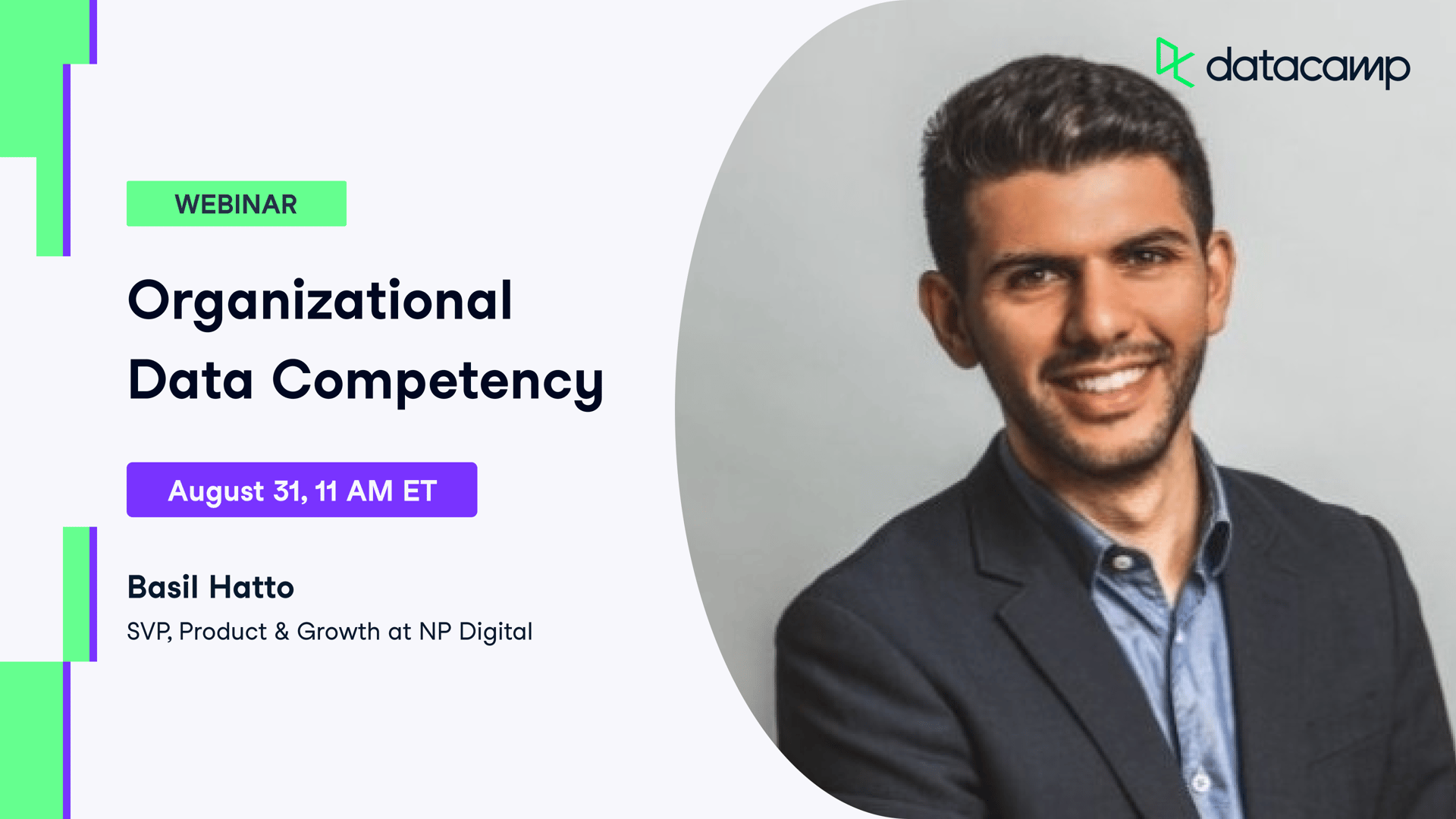Related
white paper
Your Organization's Guide to Data Maturity
Learn how evaluate and scale data maturity throughout your organizationwebinar
Data Skills to Future-Proof Your Organization
Discover how to develop data skills at scale across your organization.webinar
The People & Organization Components of Data Maturity
Discover how to accelerate data literacy and culture within an organization.webinar
What L&D Leaders Need to Know About Data Fluency
Find out about the data fluency competency areas to build within organizations.webinar
The 5 Dimensions of Data Maturity
Discover the path to becoming a data-driven organization.webinar

